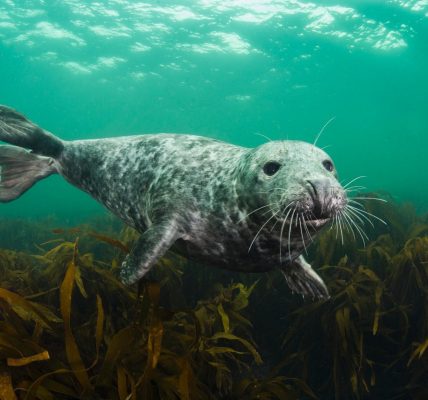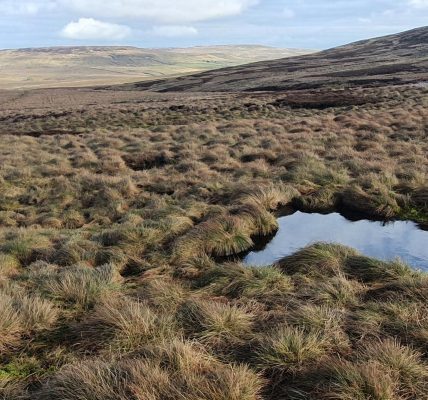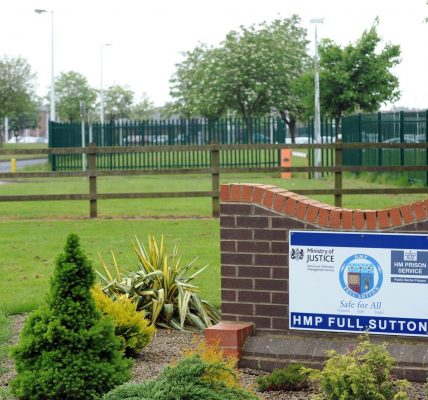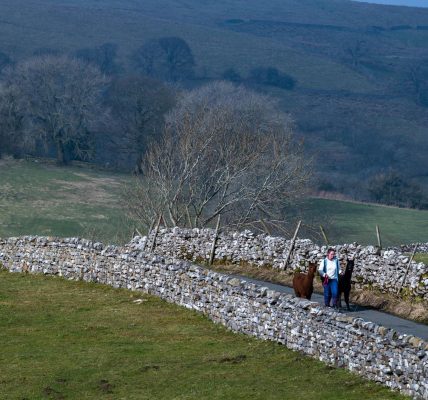Responsible farming must be profitable if farmers are to lead battle against climate and nature crises, think tank says
Responsible farming must be profitable if farmers are to lead battle against climate and nature crises, think tank says
A new deal for farmers is needed to secure their livelihoods and help them lead the battle against climate change and nature losses, according to a new report.
A report from the IPPR (Institute for Public Policy Research) warned that the farming sector is key to tackling the nature and climate crises, through the way land is managed, but agriculture is a leading cause of wildlife loss and contributes 10% of the UK’s greenhouse gas emissions.
The sector is also facing multiple challenges and changes, from Brexit and the transformation of subsidies to new technology, an ageing workforce, recovery from the pandemic and more extreme weather driven by climate change.
The Government is changing the subsidy system in England post-Brexit from payments largely for the amount of land farmed, to one where farmers are paid for public goods, such as helping wildlife, planting hedgerows and managing the soil better to store carbon.
The IPPR report said the new financial support schemes must be developed so they are accessible to the majority of farmers but have sufficient incentives to progress and meet more ambitious environmental targets.
It warned there is a clear risk that most funding and effort will be directed towards the “sustainable farming initiative” part of the scheme, which will be an accessible entry point for farmers but could just support “business as usual” on farms.
Public money should not be used to fund farms that are not delivering a benefit to the public, the IPPR said.
The report also called for support for rural communities with more investment in housing, clean transport options and ensuring superfast broadband connections.
More young people and those from more diverse backgrounds should be supported into farming by encouraging community ownership of farms and land-sharing schemes when existing owners retire, it said.
And it backed widespread calls for new trade deals to set higher standards for animal welfare and preservation of nature and protect British farmers by not allowing unfettered access to UK markets for food produced to lower standards.
Luke Murphy, head of the IPPR Environmental Justice Commission, said: “Farmers will need to play a vital role if the UK is to reach net-zero, but right now farms are making the climate crisis worse.
“If farming is to be at the vanguard of the battle against climate change and for the recovery of nature, then responsible farming must be profitable, it has to offer good livelihoods for farmers and workers, and for farms of different types and sizes.
“To see this realised, the Government must step up to support current and future farmers through the many changes they are facing.”
Fraser Hugill, a farmer and independent farm adviser, based in North US, said: “My take-home message from the report is a need to make better connections between farmers and consumers so our supply chains reward nature and climate friendly farming.
“Government must provide a fit-for-purpose environmental scheme that supports greener, more equitable farming that is not undermined by exporting our environmental responsibilities to other parts of the world.”










